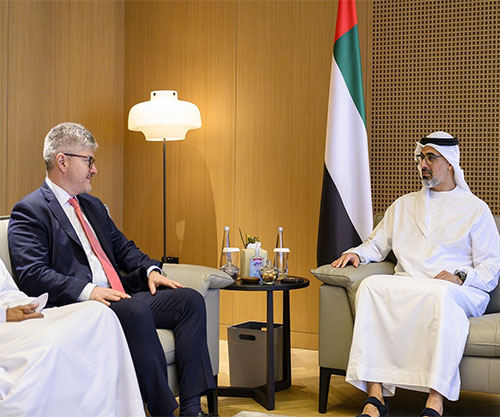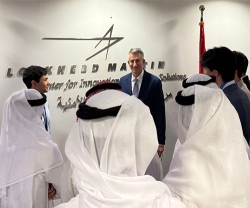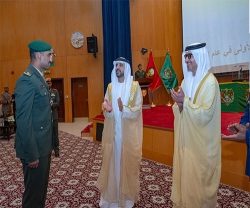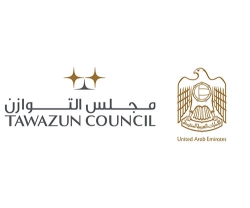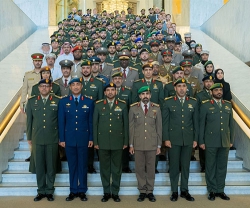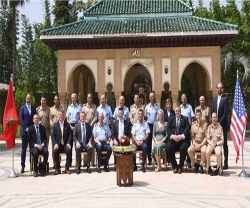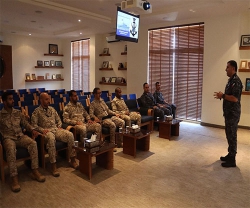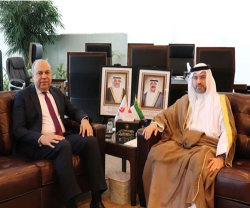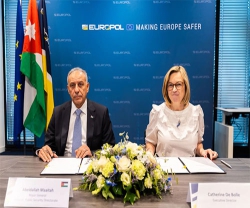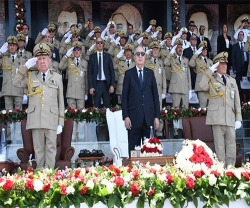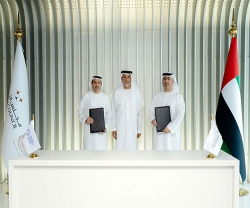His Highness Sheikh Khaled bin Mohamed bin Zayed Al Nahyan, Crown Prince of Abu Dhabi and Chairman of the Abu Dhabi Executive Council, has met the Secretary General of the International Civil Aviation Organization (ICAO) Juan Carlos Salazar in Abu Dhabi.
During the meeting, they discussed opportunities to collaborate in civil aviation with the aim of enhancing safety, security, aviation efficiency and environmental protection, as well as ways to facilitate the transition towards a more sustainable aviation system.
His Highness also highlighted the importance of investing in new technology and advancing innovation to help build a sustainable future for the industry, UAE national news agency WAM reported.
The meeting was attended by Mohammed Ali Al Shorafa, Chairman of the Department of Municipalities and Transport; Saif Saeed Ghobash, Secretary General of the Abu Dhabi Executive Council; Eng. Saeed Mohammed Al Suwaidi, UAE Permanent Representative to the International Civil Aviation Organization; Eng. Saeef Mohammed Al Suwaidi, Director General of the International Civil Aviation Authority; and Eng. Maryam Al Balooshi, State Lead Negotiator for Aviation Climate Change.
In another development, the third International Civil Aviation Organization (ICAO) Conference on Aviation and Alternative Fuels (CAAF/3), held in Dubai from 20-24 November, saw the announcement of the findings of the first feasibility studies developed under the ICAO Assistance, Capacity-building and Training for Sustainable Aviation Fuels (ACT-SAF) program.
These studies, developed as part of the second phase of the ICAO Assistance Project with the European Union Funding, analysed the potential for sustainable aviation fuel (SAF) production in Côte d'Ivoire, Rwanda, and Zimbabwe.
These studies showed the feasibility of producing and using sustainable aviation fuel in the three countries.
These are the first feasibility studies to be supported by the templates and guidance materials developed under ICAO's ACT-SAF program. They pave the way for the development of many other studies under the program in the future.
The findings of the feasibility studies are a significant step forward in the development of sustainable aviation fuel in Africa. They demonstrate that there is potential for this kind of fuel production in the region and that it can be done at a competitive cost.

